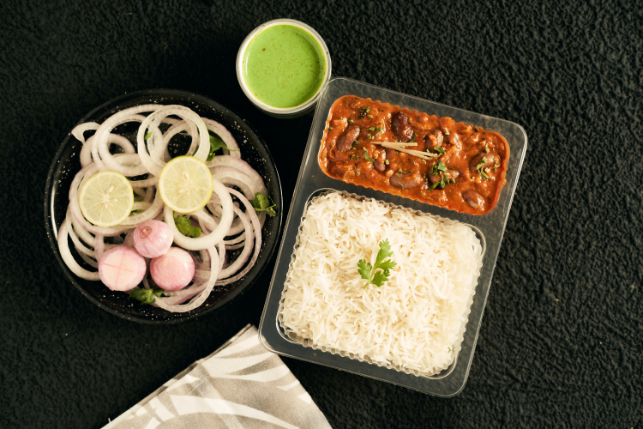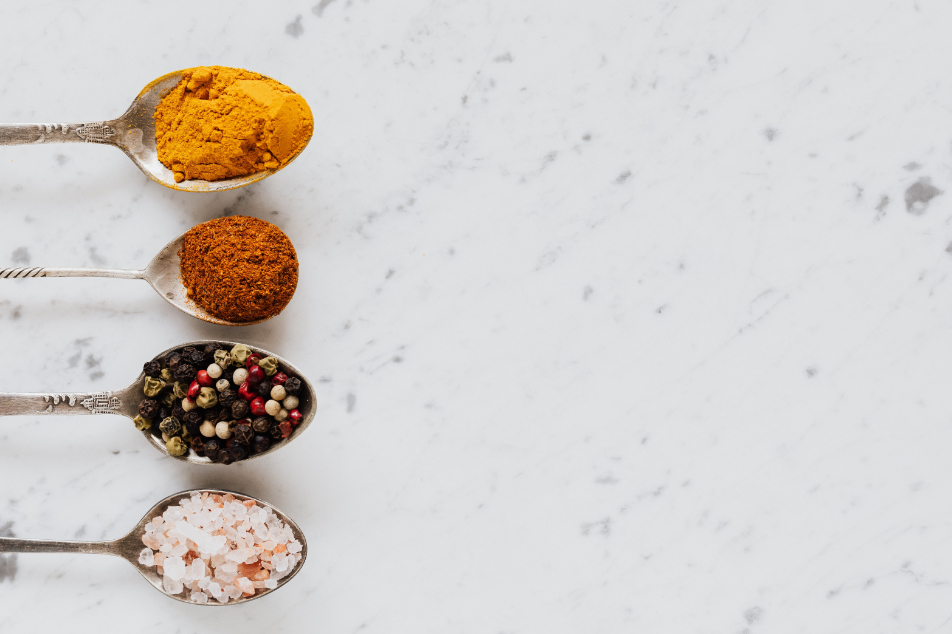
Kidney Beans: The Bean That’s Not a Kidney, But Still Good for Your Heart
The name “kidney bean” comes from its resemblance to a human kidney.
Kidney beans are a variety of the common bean (Phaseolus vulgaris) named for their resemblance to a human kidney. They are a popular ingredient in many dishes, such as chili, soups, and salads. Kidney beans are a good source of protein, fiber, and iron. They also contain other vitamins and minerals, such as folate, potassium, and magnesium.
Kidney beans are native to Central America and Mexico. They were introduced to Europe by the Spanish in the 16th century and to North America by the early settlers. Kidney beans are now grown all over the world.
There are different classifications of kidney beans, such as:
- Red kidney bean (also known as: common kidney bean, rajma in India, surkh (red) lobia in Pakistan).
- Light speckled kidney bean (and long shape light speckled kidney bean).
- Red speckled kidney bean (and long shape light speckled kidney bean).
- White kidney bean (also known as cannellini in Italy, lobia in India, or safaid (white) lobia in Pakistan).
- Kidney beans are a good source of protein and fiber. Protein is important for building and repairing tissues, and fiber is important for regulating digestion and preventing constipation. Kidney beans are also a good source of iron, which is important for transporting oxygen throughout the body.
Kidney beans are a healthy and versatile food that can be enjoyed in a variety of ways. They can be cooked and eaten on their own, or they can be added to soups, salads, and stews. Kidney beans can also be made into hummus, a popular Middle Eastern dip.
Here are some of the health benefits of kidney beans:
- Good source of protein: Kidney beans are a good source of protein, which is an important nutrient for the body. Protein helps to build and repair tissues, and it is also important for the immune system.
- High in fiber: Kidney beans are high in fiber, which can help to regulate digestion and prevent constipation.
- Good source of iron: Kidney beans are a good source of iron, which is an important mineral for transporting oxygen throughout the body.
- May help lower cholesterol: Kidney beans contain soluble fiber, which has been shown to help lower cholesterol levels.
- May help prevent cancer: Kidney beans contain antioxidants, which have been shown to help protect cells from damage that can lead to cancer.
Kidney beans are a healthy and delicious food that can be enjoyed by people of all ages. They are a good source of nutrients and can help to boost the immune system, protect against chronic diseases, and promote heart health.
However, it is important to note that kidney beans contain a toxin called lectin, which can be harmful if not cooked properly. To reduce the risk of lectin poisoning, it is important to soak kidney beans for at least 5 hours before cooking them. Kidney beans should also be cooked until they are soft.
Benefits of eating kidney beans
-
Rich in fiber, aids digestion.
-
Rich in folates that fights cardio vascular diseases.
-
Rich in proteins that helps building strong muscles.
-
Provide moderate amount of calories that can provide energy.
-
Good source of saturated fats.
-
Cholesterol free. Hence good for heart health.
-
Less sodium. Hence fights blood pressure and water retention. Source: http://www.3fatchicks.com/7-nutritional-benefits-of-kidney-beans/
-
Prevents cancer.
-
Improves brain function
-
Regulates blood sugar levels.
-
Helps in sulfite detoxification
-
Lowers cholesterol. Hence good for cardiovascular system.
-
Boosts energy
-
Improves bone strength.
-
Helps maturation of RBCs
-
Helps maintain healthy skin
-
Fights free radicals
-
Has anti-ageing properties
-
Prevents migraine
-
Fights macular degeneration of the eyes
-
Reduces inflammation and diseases such as arthritis and asthma
-
Boosts immunity. Source: http://www.stylecraze.com/articles/amazing-benefits-of-kidney-beans-for-skin-hair-and-health/
Interactions of kidney beans
-
Can interact with anti-diabetic medications. Source: http://www.rxlist.com/bean_pod-page3/supplements.htm#Interactions
-
Under-cooked red kidney beans can increase lectin toxicity. Source: http://en.wikipedia.org/wiki/Lectin
-
Saponins in kidney beans can cause hemolysis
-
Phytates in kidney beans can impair the absorption of various vital nutrients
-
Tannins and isoflavones in kidney beans can have adverse effects.
-
Protease inhibitors especially trypsin in beans can cause leaky gut. Source: http://thepaleodiet.com/beans-and-legumes-are-they-paleo/
-
Kidney bean can be used for preparing protein isolates. Source: http://www.thejaps.org.pk/docs/v-24-3/28.pdf
-
PvFRIL a lectin in red kidney bean can stimulate the proliferation of NIH 313 Fibroblasts. Source: http://www.ncbi.nlm.nih.gov/pubmed/10913819
-
Soaking and cooking found to reduce anti – nutrient properties in red kidney beans. Source: http://www.ncbi.nlm.nih.gov/pmc/articles/PMC3550949/
-
Phytohemagglutinin in red kidney bean can cause intestinal malabsorption and impaired growth. Source: http://www.ncbi.nlm.nih.gov/pubmed/4063394
-
Lectin in red kidney bean can have inhibitory effect on HIV reverse transcriptase.
-
Can have a inhibitory effect on tumor growth. Source: http://jpkc.hnadl.cn/download/20100322215328_462086206234.pdf
-
Rich in vitamin K and hence can interact with warfarin. Source: http://www.library.leicestershospitals.nhs.uk/pubscheme/Documents/Services%20we%20offer/Patient%20information/Medicine/Other%20medicine/(ROBERTS)FoodGuideforWarfarinTakers12114555.pdf?Mobile=1&Source=%2Fpubscheme%2F_layouts%2Fmobile%2Fview.aspx%3FList%3D494496e1-987c-4f8d-923a-9487cc95bd1c%26View%3D3a4c349f-926f-4f7b-8382-d8295ccfa2ed%26RootFolder%3D%252Fpubscheme%252FDocuments%252FServices%2520we%2520offer%252FPatient%2520information%252FMedicine%252FOther%2520medicine%26CurrentPage%3D1
-
Can interact with tannins in strong tea Source: http://www.chinesefoodhealth.com/tag/do-not-eat-strong-tea-and-red-kidney-beans-together/
Health conditions to avoid kidney beans
-
People with irritable bowel syndrome must avoid kidney beans. Source: http://www.dailymail.co.uk/femail/article-150131/What-I-eating-irritable-bowel-syndrome.html
-
Must be taken in moderation by people with chronic kidney disease. Source: http://www.livestrong.com/article/499247-are-kidney-beans-healthy-for-kidneys/
-
Though very rare, people can be allergic to kidney bean. Source: http://www.livestrong.com/article/368375-kidney-beans-and-allergies/
Photo by dhiraj jain: https://www.pexels.com/photo/flatlay-of-indian-food-12737912/
NOTE: The information on this website is for educational purposes only and is not intended to replace the advice of a qualified medical professional. If you have any questions or concerns about your health, please consult a doctor. We do not endorse any specific products or treatments, and we do not claim to cure or treat any medical conditions. The information on this website is based on our own research and experience, and we cannot guarantee its accuracy or completeness. View the full disclaimer here


